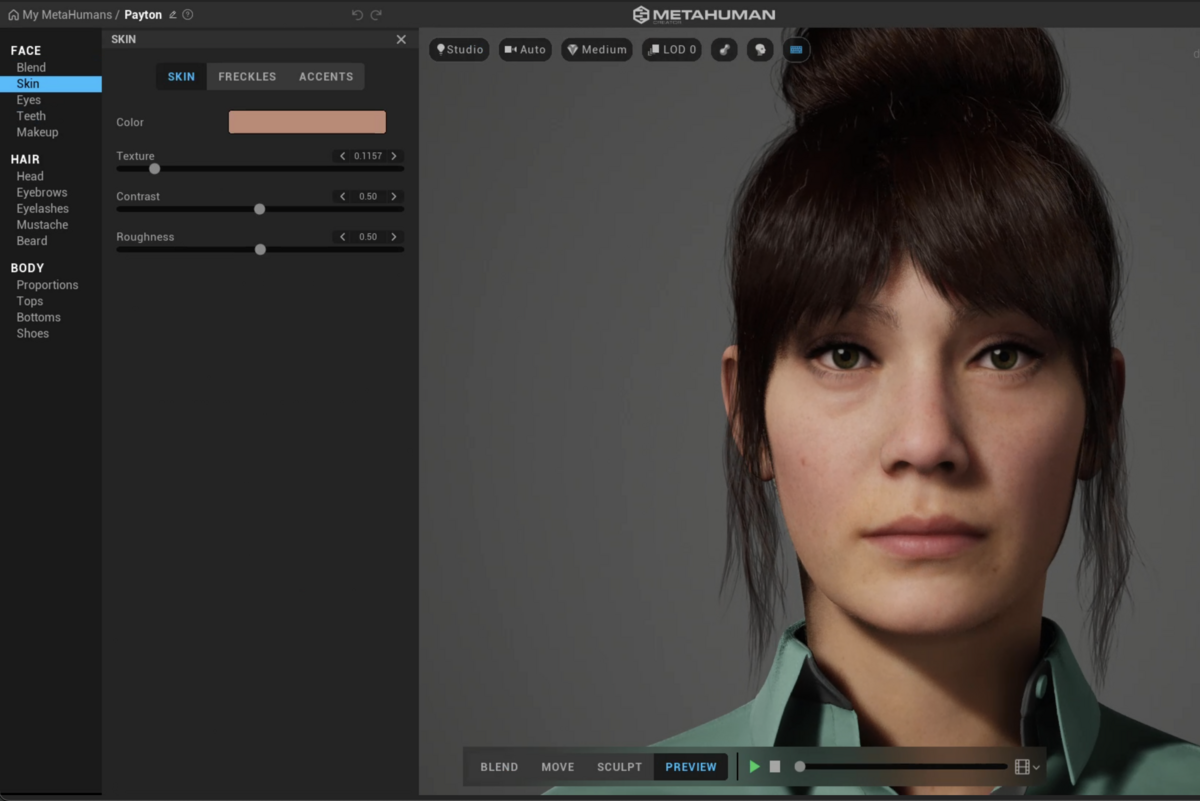Project Description
Aims and central research question
The overarching goal of this project is to understand how political charisma is perceived in politicians from a politically marginalised background and what role receivers’ own socio-political views play in the creation of a charismatic effect, and to engage in a conversation about impacts of perceived charisma. Specifically, the project has the following objectives: (1) collect judgements of the perceived charisma in political-minority, low-status speakers; (2) obtain measurements on the background of the listener and to investigate the moderating effects of such personal characteristics on individual perceptions of charisma in political-minority, low-status speakers; (3) improve the understanding of political charisma among the general public and to involve diverse audiences into the discussion of its impact on political participation and public opinion; (4) disseminate the results through appropriate academic outlets.
Background
Charisma refers to an individual’s almost “magical ability” to exert a strong influence on others (Weber 1922/1978). Charismatic leaders attract, retain, motivate large audiences (Rosenberg & Hirschberg 2009). By bringing in the additional dimensions of power, competence, trustworthiness and credibility (Gardner & Avolio 1998), it goes beyond the use of persuasive rhetorical tropes (Atkinson 1984). Eye contact, speech fluency, increased vocal variety, and the use of gesture and facial expressions are frequently named as the core elements of a charismatic delivery (e.g. Holladay & Coombs 1993). Little evidence exists on how speaker gender or other characteristics that indicate that the speaker comes from a political minority / low-status group might be influencing perceptions of charisma. There are reasons to expect that such characteristics of politicians are likely to play a role here. The theory and evidence of “linguistic profiling” unveils how inequality and discriminatory practices prevail in different contexts.
Methods
A series of online experiments will be conducted using the online software Gorilla which provides an experimental platform for collecting not only responses but also reaction times of the participants. The project will utilise innovative methods to investigate how perceptions of political charisma are moderated by the gender (male vs. female), the accent (standard vs. vernacular vs. non-native) and the skin colour (white vs. non-white) of the speaker situated in the context of a political debate. Apart from the explicit charisma judgments, implicit association tests (Cambell-Kibler 2012, Pantos & Perkins 2013) will collect the data on potential implicit biases against political minorities. Experimental stimuli for the project will be recorded with professional actors, males and females, using the matched-guise technique (Agheyisi & Fishman, 1970), i.e. an approach in which the same person with the native command of different varieties produces the materials for an investigation.
Disciplines
English Linguistics, Computational Linguistics, Sociology, Computer Science, Politics, Political Psychology
Starting date
November 2021
Literature
Publications
Vari, Judit, Tamara Rathcke, and Aleksandra Cichocka. 2024. “Perception of Charisma in Text and Speech: The Role of Emotion Dimensions and Inclusive Deixis.” Journal of Language and Politics online first. https://doi.org/10.1075/jlp.23029.var.
Shikano, Susumu, and Erik Herron. 2024. “Was gibt es Neues beim Triell? Personalisierung der Politik bei der deutschen Bundestagswahl 2021.” In Wahlen und Wähler: Analysen zur Bundestagswahl 2021, edited by Harald Schoen and Bernhard Weßels, 443–60. Wiesbaden: Springer Fachmedien Wiesbaden. https://doi.org/10.1007/978-3-658-42694-1.
In the media
Spiegel (06.08.2024): "Was, DEN wählst Du?" with Judit Vári and Tamara Rathke

